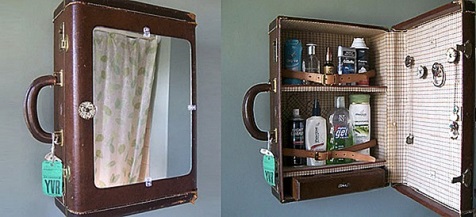
You Know to Call a Professional in to Fix the DIY When…
There’s nothing like a spot of do-it-yourself to make you feel handy. The sense of satisfaction which occurs after putting up a shelf, fixing a leaky tap or fitting the latest vogel TV brackets to your wall is palpable, and saves money to boot. There are certain situations, however, in which you simply need the professionals – whether that’s due to being outclassed from the start, due to the need for safety first or even worse, when it’s down to the urgent need to repair a DIY disaster. We’ll be looking here at a few examples of situations where the experts have to be called in…

Plumb and plumber
A leaky tap or a waterlogged cistern float is one thing, a catastrophic case of burst pipes or a update of your drinking water facilities is quite another, requiring a trained and qualified plumber. This is of course greatly due to the complexity of the jobs involved and the consequences of getting it wrong – nobody wants to be the reason their house is flooded or their toilet backed up – but also in many cases because of legal requirements. Many countries and states have very specific requirements in the case of plumbing for special work permits or for compliance with various rules and regulations, such as in cases where there’s the possibility of contamination of the water supply with sewage.
Playing with fire
safety is at the fore with many aspects of home improvement, especially those pertaining to gas and electricity. With so much voltage at stake, electrical repairs should be approached very carefully, with most things more complex than changing a light bulb involving serious levels of wiring. Electrical maintenance and tasks such as installing lamps and lighting fixtures are not beyond the amateur, so long as safety procedures are followed, but if in any doubt at all, consult a qualified electrician. Basic safety precautions for electrical work include unplugging any appliances being worked on, flipping the circuit breaker before starting work, avoiding working on wet floors and using insulated tools.
Heating and cooling
Another area best left to the specialists is the heating and ventilation systems, such as boilers and air conditioning. Although tasks like changing filters and bleeding radiators are not worth forking out for, anything involving heat pumps, oil or gas-fired boilers and air intake are complicated enough that you’re far too likely to do more harm than good – and in this cold winter, the last thing you want is to end up with a broken boiler, not to mention the safety implications. Something this essential to the comfort of your home is strictly for the experts.




